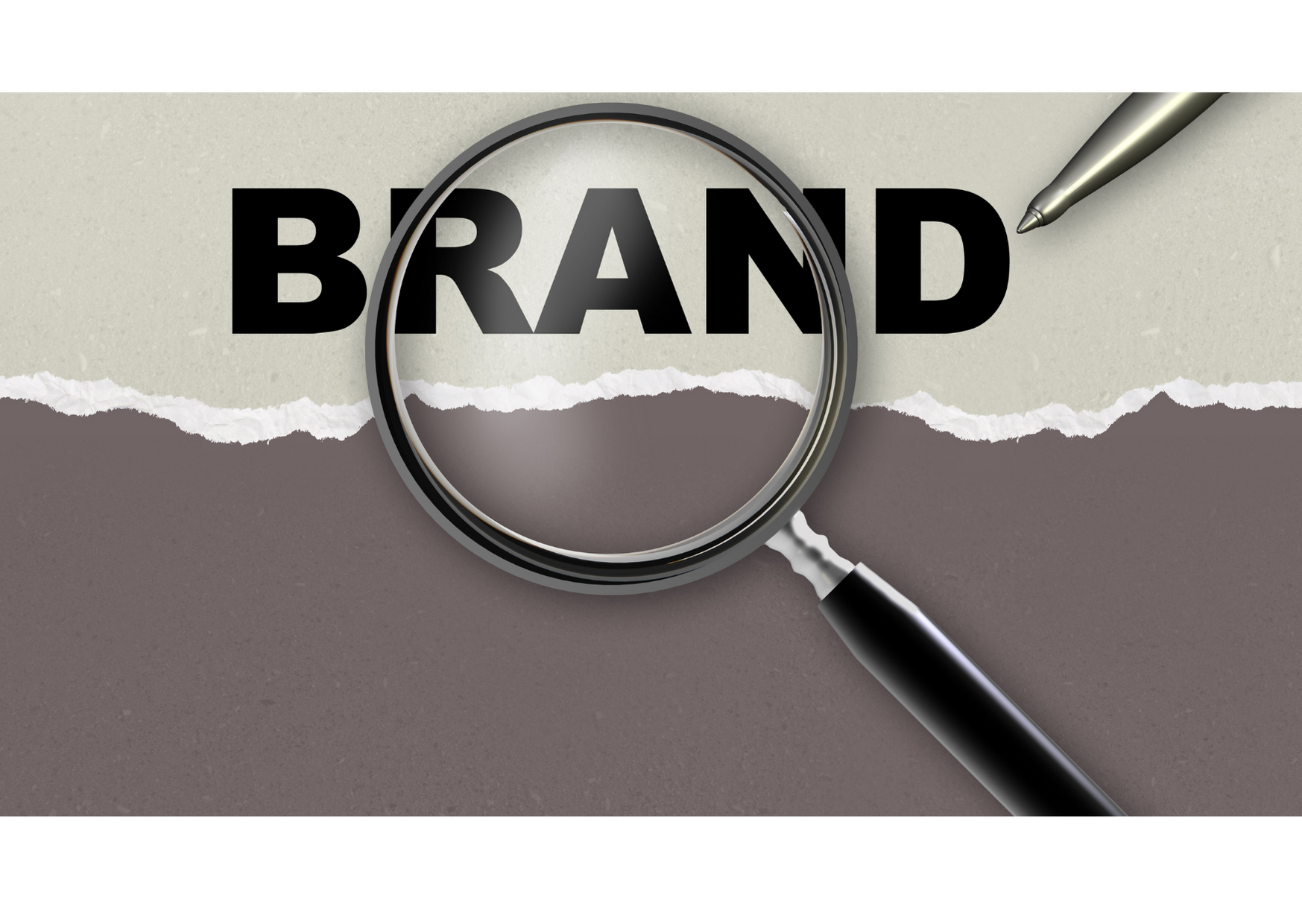All are brands, but with different adjectives
Many things can become a brand. This is the reason why today us communicators encounter many brand concepts that are very different from each other, even though they are all united by the word “brand”. To make it a little easier for you to deal with the terms, we have prepared a series of blogs that will talk about just that – different brands.
Let’s start with concepts that are already familiar and simple to us.
Individual brand
The most common type of brand is a tangible, individual product, such as a car or a drink. This can be very specific, for example the CocaCola beverage brand, or it can cover a wide range of products – eg. all varieties of Colgate toothpaste.
Service brand
A service brand develops when companies embark on comprehensive solutions and intangible services. Service marks are characterized by the need to maintain a consistently high level of service provision. This category includes one of the following:
- classic service brands (such as airlines, hotels, car rentals and banks)
- pure service marks (such as member associations),
- professional service brands (for example, consultants of all kinds – accounting, management consulting),
- agents (such as travel and real estate agencies),
- trading brands (such as supermarkets, fashion stores and restaurants).
E-brands
E-brands exist only in the virtual world. Many e-brands, such as Amazon.com, focus on providing a web-based interface to provide physical products or services. Others provide information and intangible services for the benefit of consumers, as information platforms do. Typically, the common denominator of e-brands is the emphasis on providing a service or experience in a virtual environment.
These are just some of the most basic definitions of those brands that people come across most often. In the upcoming blogs, we will also focus on the other kinds of brands that communicators need to know especially well.





